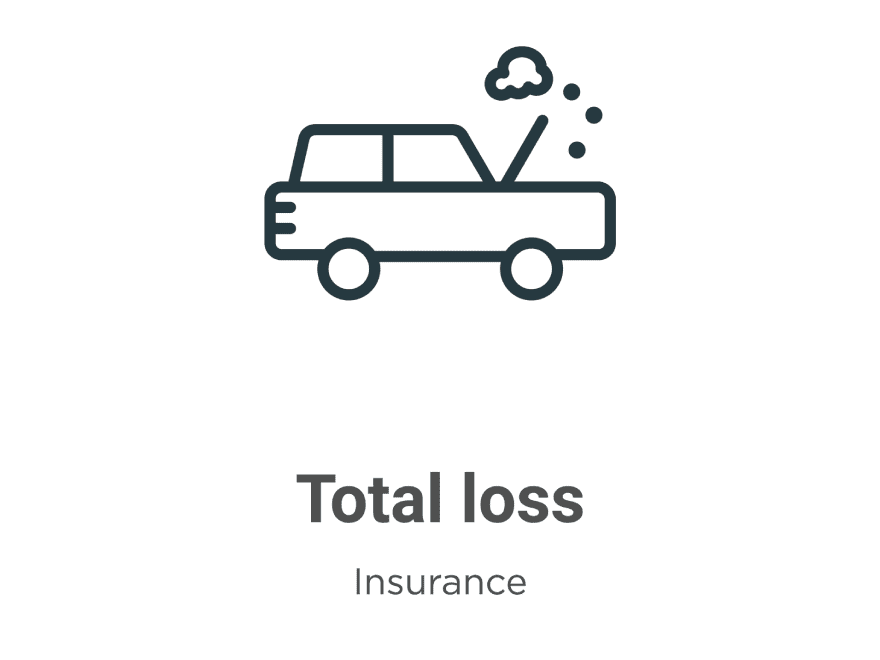In the event of a total loss car accident, the services of total loss attorneys can be valuable and gap insurance coverage beneficial. The Florida Department of Highway Safety and Motor Vehicles (FLHSMV), in their 2019 Traffic Crash Facts annual report, with a closeout date of November 6, 2020, states there were 401,867 crashes in total.
The State of Florida mandates all drivers to carry Personal Injury Protection (PIP) car insurance, or as it is otherwise known, “No-Fault” car insurance. Gap insurance coverage is not required by Florida law but might be a condition on the lease or loan of a car. Drivers might also purchase gap insurance coverage when a new vehicle is financed.
When a vehicle is stolen or totaled, the purpose of gap insurance is to pay the outstanding amount owed on the car, if it exceeds the payout from comprehensive or collision coverage. One can buy gap insurance coverage from the dealership where a car is purchased or leased, the lending company, or an auto insurance company.
When you have a total loss car, what do you need to think of?
What is the total loss threshold for Florida
The State of Florida’s total loss threshold is 80 percent of the cost of replacing the vehicle, with one of like kind and quality. But what does “total loss” mean, and how is it determined?
“Total loss” is when the cost of repairing the vehicle, and the value of salvaging it, is higher than the pre-accident cash value of the car. For example, if a car is valued at $10,000 but the repair estimate is $8,000 the car will be deemed a total loss, as the damage is eighty percent of its replacement cost.
What happens if I owe more than the car’s value at the time of the crash?
What happens when you owe more than the car’s value at the time of the crash depends on whether you have gap insurance coverage or not.
When comprehensive or collision coverage is bought for a car, the insurance company determines what its actual cash value (ACV) or current market value is. Depreciation is taken into account during the insurance period. When a car is totaled after an accident, they generally pay out the car’s current market value.
If you have gap insurance coverage and the car is totaled, the gap insurance should pay the difference between what you owe on the vehicle and the insurance payout received. If you do not have gap insurance coverage, the difference will have to come out of your pocket.
Before you or your total loss attorney enter into discussions with your insurance company, it is best to determine the actual cash value of the car before it was totaled. Factors used to determine this is the actual cash value of a car in its exact or very similar condition, your totaled car’s mileage, wear and tear, owner upgrades, and service records.
Do I have to accept the insurance company’s offer on a totaled car?
When you know what the actual cash value (ACV) is of your car before it was totaled, and the insurance company’s offer is lower, you do not have to accept their offer. You or your total loss attorney can send proof of why you disagree and make a counteroffer. Continue to negotiate on the offer until you are satisfied.
If you do not have gap insurance cover and still owe for a financed vehicle, the insurance company payout will go to the finance company, and you must make up the difference. Therefore, it is important to ensure you get the best offer on the total loss car.
Shamis & Gentile, P.A. is a law firm based in Miami, Florida. We focus on mass torts, class actions, personal injury protection (PIP), personal injury, and TCPA spam text and voicemail violations. Has your car been totaled, and do you need total loss attorneys? Contact Shamis & Gentile, P.A. today.










